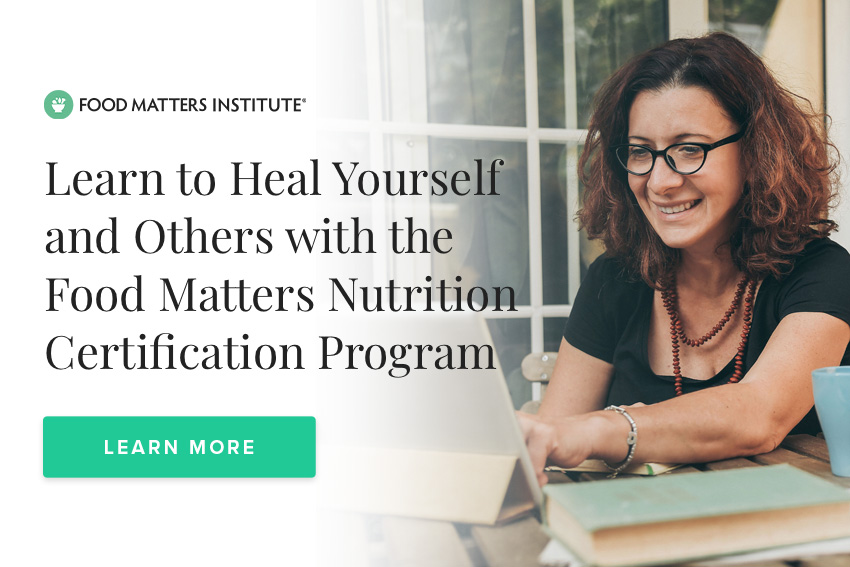Is Aldi The Latest Competition For Whole Foods Market?
Grocery shopping can sometimes be a confusing and frustrating process. We all want to buy the best quality products that will keep our family healthy and thriving, yet we live in a world where globalization and profit-hungry corporations have gradually eroded the condition of our food supply. These days it's difficult to even know which products are safe to eat, let alone where to buy them! However, despite the doom and gloom, there is a very noticeable silver lining.
Over the last decade there has been a slow but steady grassroots-style revolution in consumer buying patterns, which has seen natural and organic products start to trend heavily, even in mainstream stores. You've probably noticed that in recent years nearly all major conventional supermarket chains around the world have started offering more organic and chemical-free product lines; indicating that the way we spend our consumer dollar has significantly influenced how these retail behemoths choose to stock their shelves. This is great news for anyone who cares about the quality of our food supply and the integrity of international farming standards. Now another global chain is moving its way up the list of responsible food retailers.
Earlier this year, Aldi Supermarkets announced that it would be increasing the number of organic food brands on its shelves, removing some artificial ingredients and pesticides from its products, and introducing extra gluten-free items in the hope of attracting more health-conscious shoppers. Here's what you need to know…
Meat Products
Aldi indicated that it would be expanding its selection of organic meat products that contain no added antibiotics, hormones, animal by-products or other additives.
Dairy Products
Aldi’s milk is already free of artificial growth hormones, but the company is now removing growth hormones from yogurt, sour cream, cottage cheese, and other dairy products as well. The most commonly used hormone for dairy cows is called "recombinant bovine growth hormone" (rBGH). rBGH is a genetically engineered synthetic hormone which is injected into dairy cows to make them yield more milk. Despite health concerns raised by scientists, farmers and consumers, the FDA currently still allows dairy cows to be injected with this hormone.
Synthetic Colors and Food Dyes
Aldi has removed synthetic colors from all of its private-label products. According to the Centre for Science in the Public Interest, "The three most widely used food dyes, Red 40, Yellow 5, and Yellow 6, are contaminated with known carcinogens and another dye, Red 3, has been acknowledged for years by the Food and Drug Administration to be a carcinogen, yet is still in the food supply."
Partially Hydrogenated Oils
Aldi has removed partially hydrogenated oils from all of its private-label products which, according to BanTransFats.com, are known to make the arteries more rigid; cause significant clogging of arteries; cause insulin resistance; cause or contribute to type 2 diabetes; and cause or contribute to other serious health problems.
MSG
Aldi has removed MSG from all of its private-label products. Consumption of MSG has been linked to symptoms such as headaches, flushing, sweating, facial pressure or tightness, numbness, tingling or burning in the face, heart palpitations, chest pain and nausea.
Pesticides
The supermarket retailer has also committed to banning the use of the following pesticides by January 2017:
- Thiamethoxam
- Chlorpyrifos
- Clothianidin
- Cypermethrin
- Deltamethrin
- Fipronil
- Imidacloprid
- Sulfoxaflor
Aldi is particularly well positioned to make substantial changes to its product lines, as roughly 90 percent of its stock is private-label (owned by Aldi), so there are no national or trans-national brand negotiations to navigate. This flexibility puts the retail giant in a unique position and allows it to adjust its offering to suit consumer demand. With more than 1,500 stores in the U.S. and plans for another 500 by 2018, Aldi is on trend to become the leader in American health supermarkets. This spells trouble for retailers like Whole Foods Market who will now be forced to compete with Aldi's low prices on products of similar quality. However, it is good news for us, the consumers, because as demand for real food grows, the supply will also increase and good quality, organic products should become more accessible. Power to the people!
This news from Aldi really outlines the significant role that education plays in effecting positive change. The only reason that a multinational corporation would begin to offer good quality, organic products is because we, the consumers, have educated ourselves and started demanding change through the way we spend our money. The reason Food Matters created FMTV is to spread this sort of message and help people understand that each one of us has the power to create change when we come together for a common purpose.
Margaret Mead famously said, "Never doubt that a small group of thoughtful, committed citizens can change the world. Indeed, it is the only thing that ever has." Now it seems that our collective commitment to real, organic food and responsible farming practices is actually beginning to change the world, so don’t stop sharing, educating and standing up for what you believe in - the future is bright!
What’s Your Opinion On Organic Products In Supermarket Chains? Let Us Know In The Comments Below!
Do you have a passion for nutrition & natural healing?. Learn more about the Food Matters Nutrition Certification Program here.










